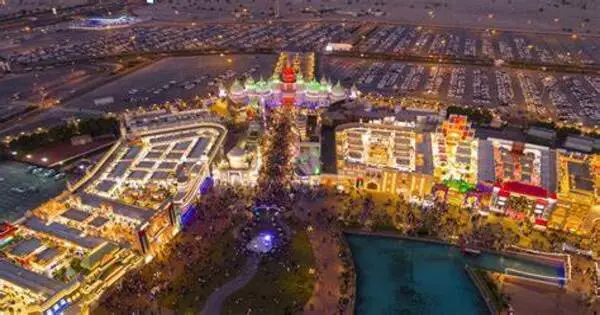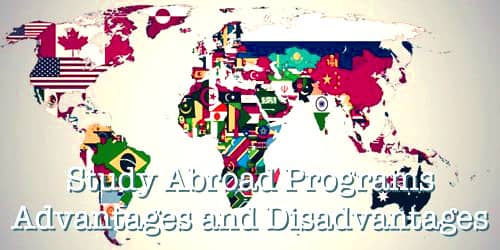The term “Global Village” refers to the world as a tightly knit community as a result of advances in communication and transportation technologies. The idea is that modern communication technologies have made the world smaller and more interconnected, allowing information and ideas to spread quickly across borders and cultures. People can now communicate, share information, and collaborate on a global scale, breaking down traditional time and space barriers.
Basis of globalization
Globalization is now largely founded on solid foundations. The electronic transfer of information via the Internet has now resulted in an instantaneous and interconnected world of information as a result of a 24-hour trading network, and this technology is significantly changing banking and financial activities. Worldwide money transfer and business transactions are now as simple as a computer mouse click.
Today, the electronic medium transports five out of every six dollars in the global economy. Some products, such as software and television shows, can also be transmitted digitally or electronically. Electronic screens allow for the simple and proper purchase and sale of goods and articles. In today’s world, the computer has brought about a revolutionary change in global technology.
Its Impacts
Although globalization is primarily associated with business, trade, and international relations, it can no longer be viewed solely through those lenses. Globalization is now encroaching on other areas as well. Satellite television and the internet are introducing new customs and behaviors into our homes.
Global cultures are increasingly blending with local cultures as a result of globalization. Different cultures are constantly interacting with one another. Every nation in this global village has its own set of traditional social values, beliefs, and attitudes. However, as the world becomes more globalized, many foreign customs and beliefs intrude on them. This is also having a significant impact on the younger generation.
The exploited laborers
The concept of global trade, which was inherent in capitalism, is now widely accepted. Taking the concept of globalization as a whole, capitalization/capitalism appears to be on the ascendant, creating opportunities for capitalist countries rather than developing ones. In the name of assistance and cooperation, industrialized capitalist countries ruthlessly exploit the cheap labor available in poorer countries.
The global development strategy promises poor countries more job opportunities while also promising high returns on capital. This actually paves the way for long-term poverty, allowing capitalists to continue or continue to draw from a pool of cheap labor.
Global treatment
Workers in developing countries who are exploited and impoverished are no match for globalizing, powerful capitalism. As a result, or as a result of, the wealth-poverty divide is widening. Globalization has, in fact, put people on the same ship but in different cabins.
Only a small percentage of passengers travel in luxurious cabins outfitted with modern amenities. They have access to nutritious food, clean drinking water, advanced medical care, and a luxurious lifestyle. However, the vast majority are traveling in third-class docks and are suffering from severe hunger and disease.
Global language
Globalisation needs a common language for international communication. English with its many different reasons has achieved the honor of being the international language. It has already crossed the national borders to reach people who speak their languages. World English has now moved away from the control of its native speakers. “Global English is neither British nor American”- goes a fun all over the global village.
Usefulness
Globalization is essentially the process of expanding trade and commerce all over the world by creating a borderless market. However, it has had a wide-ranging impact on many aspects of life. The advancement of high-tech communication media and rapid transportation has brought the world closer together.
We can now learn in an instant what is going on in the farthest reaches of the world, just as families in a village can. They can even share their joys and sorrows with each other as if they were neighbors. If one country is in trouble, others can immediately come to its aid.
Conclusion
To conclude globalization can bring happiness to everyone when all people of the world can travel in the same vessel in the same cabin without any distinction between caste, creed and of racial discrimination.
















